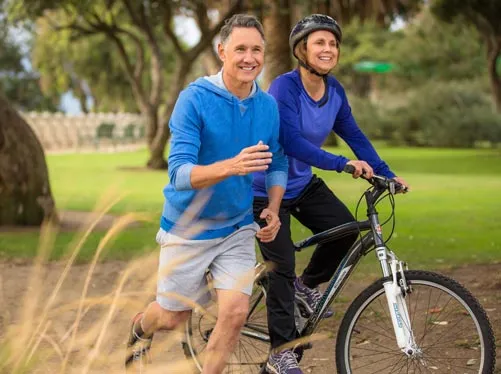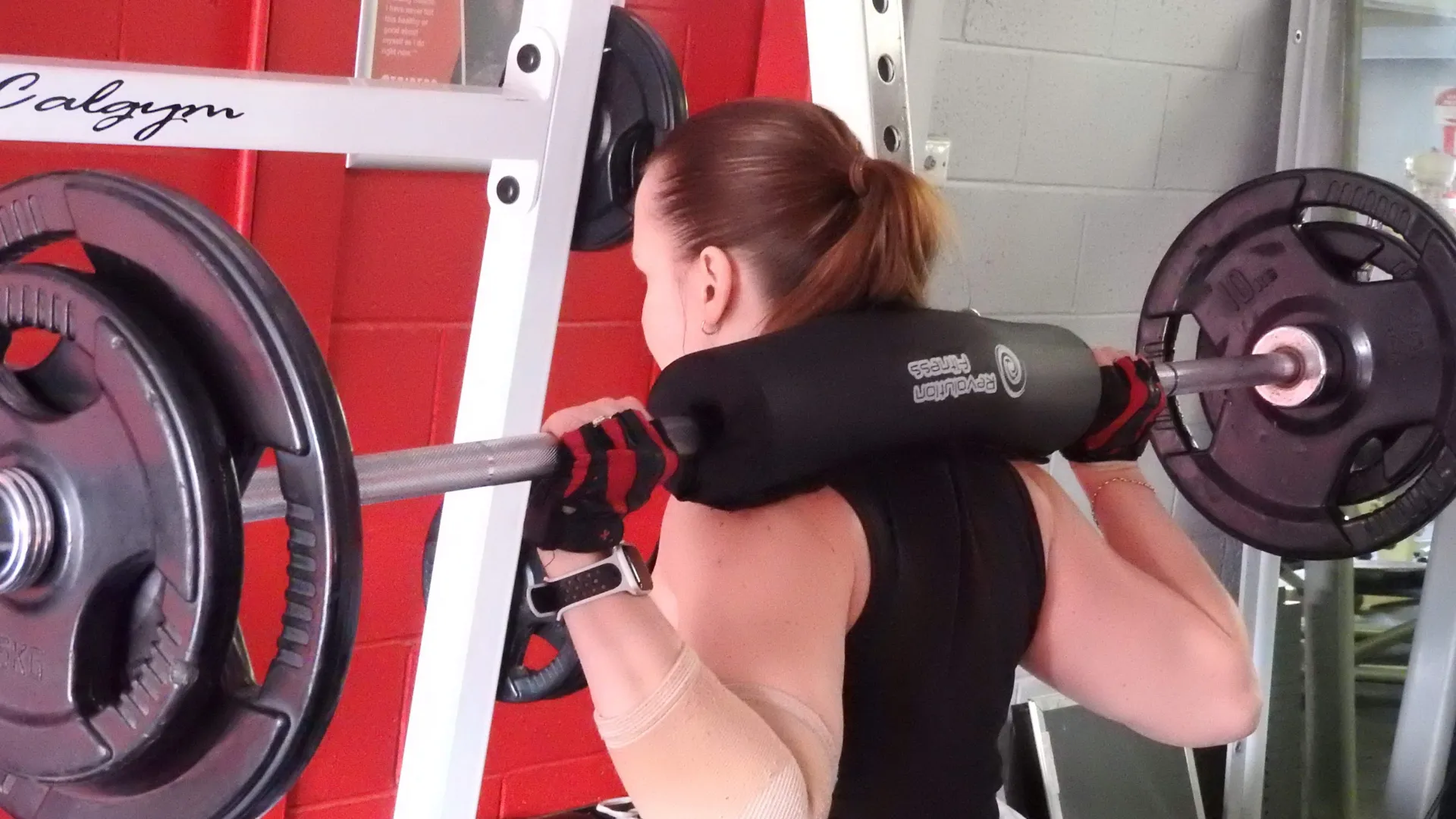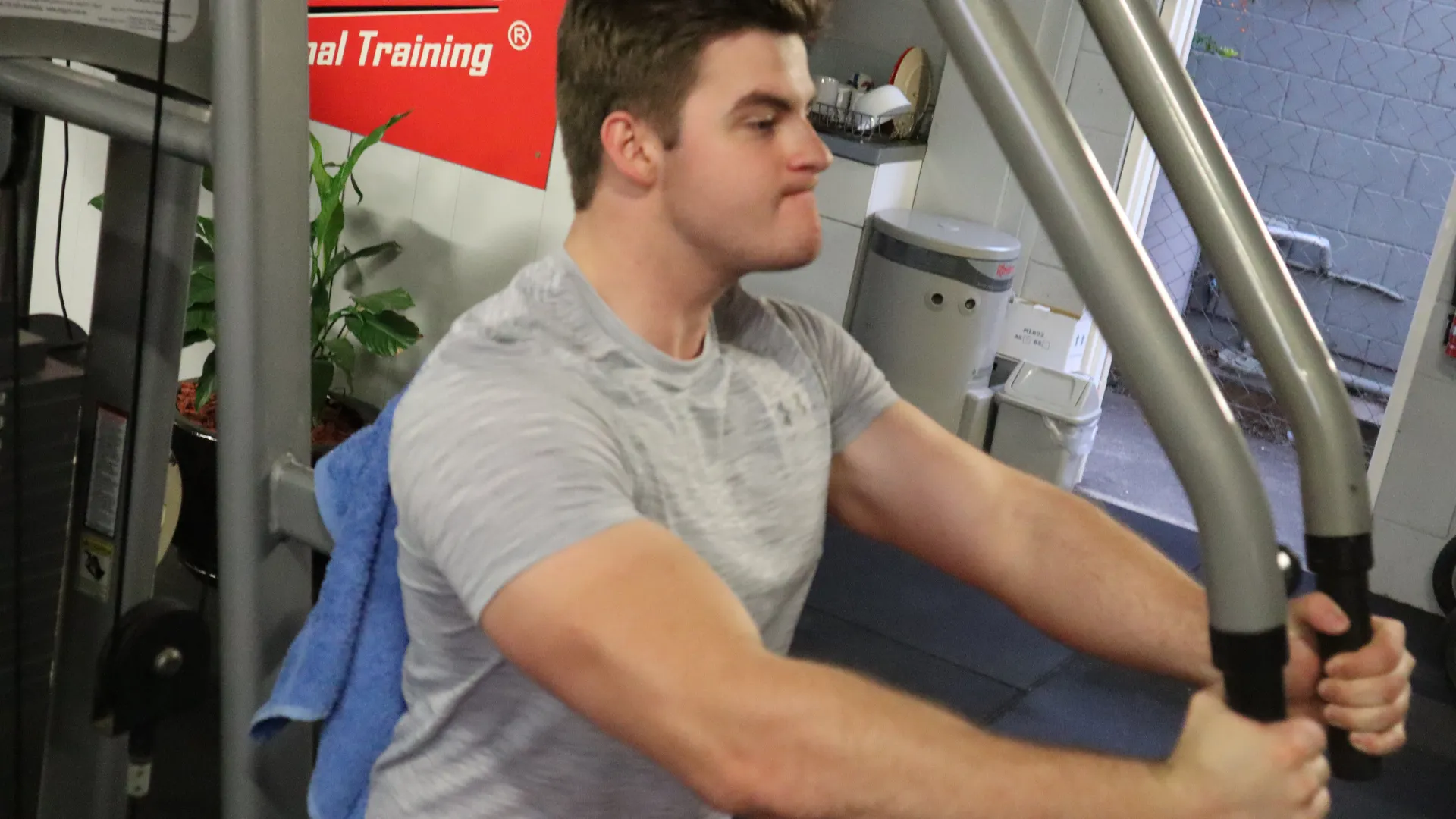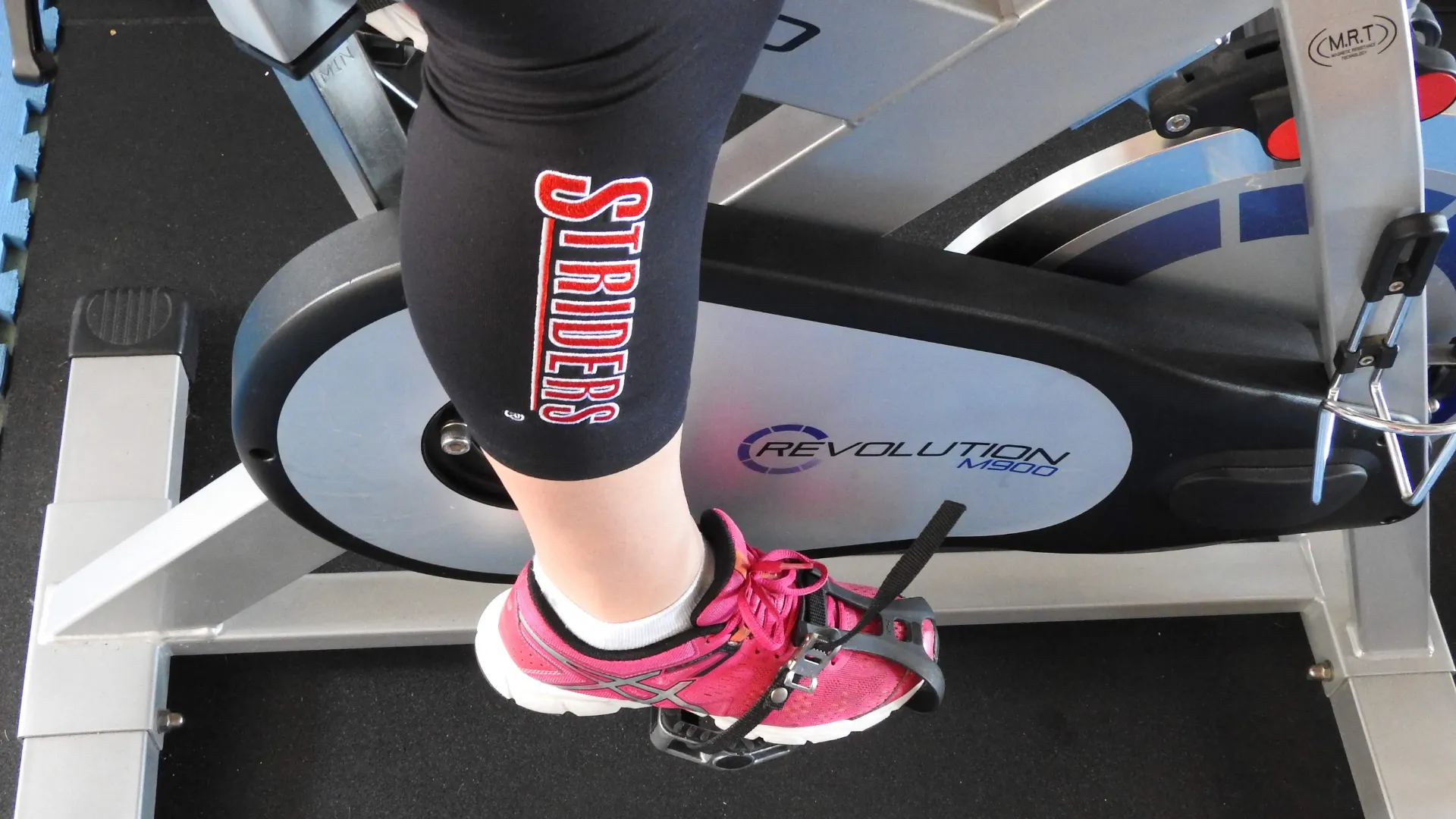We all know him or her! That one person in our lives who just never seems to age much… no matter how many years zoom by.
That one person who appears perfect in every facet – from possessing unflagging energy levels and musculature like that of a comic book superhero – to having the complexion of a sprightly teenager.
But it’s all to do with the genetics they were fortunately gifted with. They have been blessed with the ‘good stuff’ from birth, right?
Well actually, that’s not quite the case at all. Sure, genetics do play a part in the ageing process. But only around 20% of a person’s rate of biological (cellular level) ageing can be contributed to genetics. The whopping, remaining 80% has to do with environmental factors and the lifestyle choices they make.
So, can the ageing process be slowed?
The answer is a big resounding – YES! While it’s concerning to see research showing a person could be experiencing an ageing rate as high as 3 biological years for every calendar year they accumulate, there are simple lifestyle changes you can make to help in slowing the ageing process.

Here are 4 important lifestyle changes you can make right now:
1. Good Nutrition
a. Eat more fibre:
Yes, you’ve probably heard this old clich’e a thousand times or more, but have you actually acted on it? Fibre isn’t just good for preventing constipation – No! Fibre also lowers the chance of early mortality by reducing your risks of heart disease, certain cancers, and diabetes.
To further increase the health benefits of fibre, ensure that you are obtaining your fibre from a variety of sources; namely fruits, vegetables, and whole grain foods.
b. Increase your vitamin D:
Increase your intake of vitamin ‘D’ rich foods. These foods include fatty fish, canned tuna and egg yolk. Vitamin ‘D’ is vital for regulating the absorption of phosphorus, and facilitating the functioning of the immune system. When vitamin ‘D’ levels are insufficient in the body, we increase our risks of soft or fragile bones.
c. Avoid white foods:
Foods such as white bread, white flour, white rice, white potato, and white sugar. These foods offer next to no nutritional value and have strong links with inflammation of body joints, and premature facial wrinkles.
d. Reduce salt:
Reduce salt consumption by opting for healthy alternatives like garlic, herbs and spices. While it’s important to get some salt in your diet, high salt intake can lead to high blood pressure, heart failure/heart attacks, kidney problems/stones, and fluid retention.
2. Strength Training
So, you think strength training is only for athletes and bodybuilders? Think again! The truth of the matter is the older we become, the more important it is for us to increase and maintain muscle strength and muscle mass. Further, lifting weights helps to prevent and/or reduce the symptoms of Osteoporosis, Diabetes, Osteoarthritis, Strokes, certain cancers, and broken bones from simple falls. Work towards getting 20 to 30 minutes of strength training, 2 to 3 times a week.
3. Aerobic Exercise
Aerobic exercise helps to improve your physical and mental well-being. It truly is the closest thing we have to a ‘fountain of youth.’ Aerobic exercise helps in the prevention of heart disease by strengthening the heart, and clearing your arteries by raising the good lipoproteins while lowering the bad lipoproteins. As well as this, aerobic exercise improves agility, balance, energy levels, relieves stress, and is an all-around positive mood enhancer. Aim for 20 to 60 minutes of aerobic activity, 3 to 5 days a week.
4. Control Stress
The old adage: “Worry is like a rocking chair – it gives you something to do, but you get nowhere” is not quite correct. Research shows time and time again that constant worry can ‘get’ you somewhere – to an early grave.
A great way to help reduce unnecessary worry is to be constantly mindful of living in the present moment. Thinking too much about the past or the future can often lead to stress, elevating our blood pressure. We cannot change things from our past, so worrying about them is futile. And the future is fantasy as it is yet to occur.
By giving power to the present though – by being mentally there, in the present moment – we can create great and meaningful lives, for this is where the future is created. No more than 20% of our time should be allocated to thinking about the past, or future events.
Work towards being mindfully there, in the present moment.
Other proven ways of helping to control our stress levels include mindful breathing, meditation, and spending most of our time with quality people. These are people who are positive, uplifting and bring us happiness. View such people as energy docking stations that we can use to recharge our minds.

So, there you have it! Regardless of genetics – you have the knowledge and ability to slow the ageing process. All it takes is a few simple lifestyle changes. Simple changes that will add value and quality to your life.
*Before making any changes to your nutrition and/or level of activity, always seek advice from a qualified medical practitioner and a qualified physical trainer to ensure the changes are right for you.
Need further nutrition or exercising advice? We can help! Give us a call on 0413 222 630 or send us an online enquiry today.



